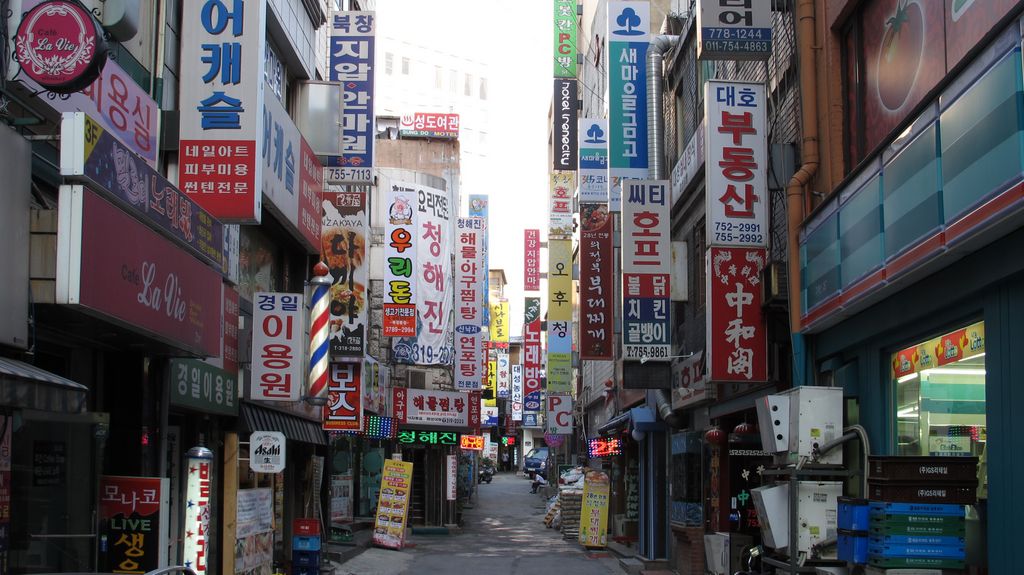On March 11, the World Health Organization declared the outbreak of coronavirus a pandemic. After this news, a wave of panic sales swept global markets.
"From March 16, for six months (September 15), short selling is prohibited for all types of securities and shares on the stock market, KOSDAQ and KONEX trading floors," the commission said in a statement.
The six-month ban will come into force on Monday and will affect all listed companies. The duration of the ban may also be extended depending on the situation.
As Ronhap noted, this move follows similar measures taken earlier in other major markets affected by the spread of COVID-19, including Italy and Spain.
According to the agency, short-selling stocks in South Korea on Friday reached an annual maximum. Even at the close of trading on Thursday, the volume of transactions averaged 1.09 trillion won (891.8 billion dollars). This temporary ban was the third of its kind in South Korea. The country last banned short selling in 2011.
source: bloomberg.com
"From March 16, for six months (September 15), short selling is prohibited for all types of securities and shares on the stock market, KOSDAQ and KONEX trading floors," the commission said in a statement.
The six-month ban will come into force on Monday and will affect all listed companies. The duration of the ban may also be extended depending on the situation.
As Ronhap noted, this move follows similar measures taken earlier in other major markets affected by the spread of COVID-19, including Italy and Spain.
According to the agency, short-selling stocks in South Korea on Friday reached an annual maximum. Even at the close of trading on Thursday, the volume of transactions averaged 1.09 trillion won (891.8 billion dollars). This temporary ban was the third of its kind in South Korea. The country last banned short selling in 2011.
source: bloomberg.com





